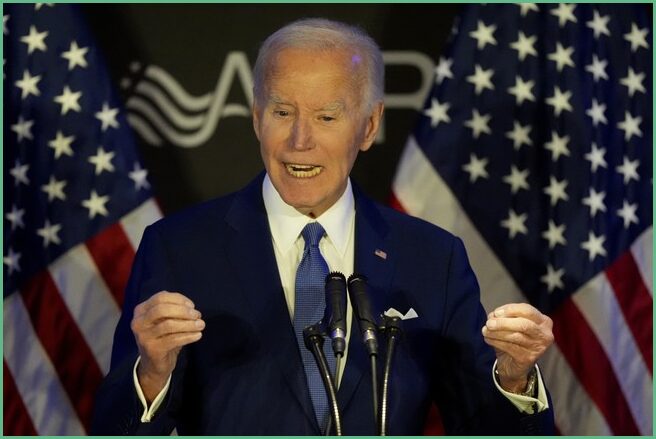The Foreign Policy Establishment and Its ‘Experts’ Are in Utter Shambles
Two years after a brutal conflict began, the remaining hostages held by Hamas are finally coming home thanks to a peace deal negotiated by the Trump administration. The announcement landed like a gut punch to the usual “ceasefire now” crowd, who had nothing to say when results arrived. For folks who wanted action over slogans, this was proof the playbook works.
It wasn’t just Rep. Rashida Tlaib and Sen. Bernie Sanders who ended up embarrassed; that fate hit the whole foreign policy establishment. For years Washington confused tenure and titles with success, and the bill came due when actual bargaining brought people home. Even the man once hailed as the most experienced foreign policy president kept singing his own praises.
For five decades Joe Biden faceplanted on the international stage, from early Senate missteps to costly decisions as president. Mistakes multiplied across the Middle East with little tangible achievement to show for all the experience. In a system that worships credentials, reality often gets ignored.
If you hung the right credentials on the wall or spent enough time in office, Washington handed you the title of “expert” without checking results. Those badges became a shield for policies that produced failure rather than solutions. Turning policy into optics left real problems to fester.
Both parties bought into the same tired scripts, and the Middle East was the place those scripts failed hardest. Cable-friendly “national security analyst” types pushed appeasement and insisted Palestinians needed a state before peace could start. They also claimed Arab nations would never normalize with Israel, and they were wrong.
Then the Trump team tried a different approach and got mocked for it. In January of 2020, The Washington Post published a piece entitled, “I have just read 25 books and am here to perform your open heart surgery.” That jab targeted Jared Kushner, who had taken the lead on Middle East relations.
Well, who’s laughing now?
What should alarm us is that a private-sector figure who picked up a task and read a few books achieved what many career “experts” said was impossible. He helped secure hostages’ return without the sweeping concessions commentators claimed were mandatory and moved normalization forward where the establishment said it couldn’t happen. Sometimes getting things done trumps expertise-as-brand.
The same crowd that cheered interventions in Libya and Syria and shrugged as Iran expanded influence has little credibility left. Think-tank tenure and being “in the room” for bad calls doesn’t equal competence; it often just builds a résumé for cable. The old foreign policy order looks shaken, and Americans notice when talk turns into results.
